
Our vision:
A safe and healthy Kitsap County for all.
Drug Contaminated Properties
Data Dashboards

Creating a Healthy Home
Most of us spend more time at home than anywhere else. Our homes can have a big effect on our physical and mental wellbeing. Click the buttons below to learn different ways to help your home stay safe and healthy.

Rodents and Other Pests
Health effects: Pests can carry diseases that can make humans sick, as well as cause allergic reactions.
Prevention tips:
-
Keep your living and cooking areas clean. Rodents are more likely to be in homes that have food crumbs, scraps, and spills on their floors and counters.
-
If rats or other rodents are already in your home, make sure that all of your food is stored in pest-proof containers.
-
Keep crawl spaces, vents, cracks, and spaces under doors sealed.
-
If you have birdfeeders, store birdseed in rodent-proof containers. Clean up any birdseed that has spilled onto the ground.
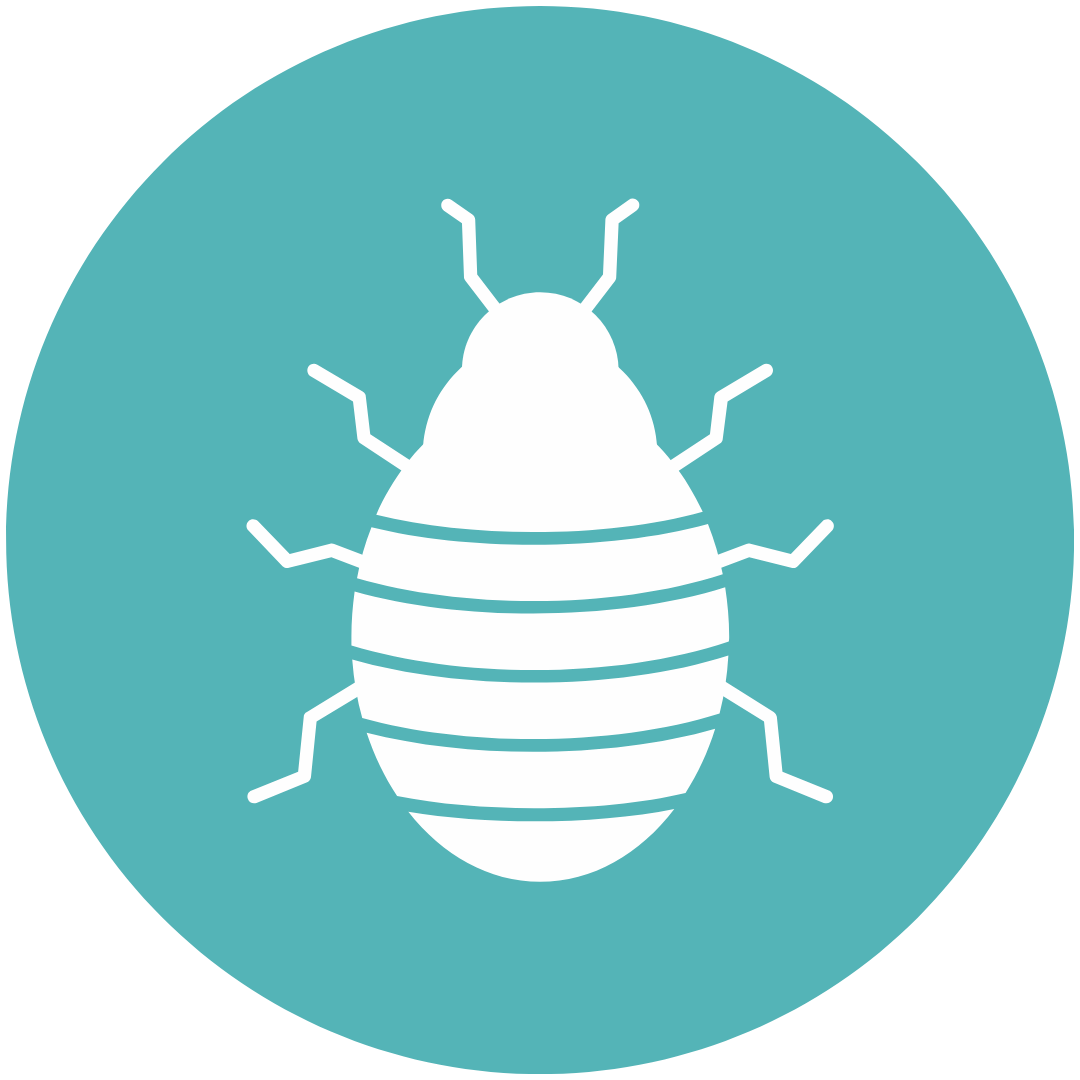
Bedbugs
Health effects: Bedbugs in your home can cause allergic reactions to bites (like itchiness). Bedbugs are frustrating and can cause stress, but they are not known to carry diseases that make humans sick.
Prevention:
-
When traveling, inspect sheets and mattresses for signs of bedbugs (reddish stains, bedbug feces or eggs). Do not stay in a room if you think it has bedbugs.
-
Inspect secondhand furniture for bedbugs before bringing it into your home.
-
If there are bedbugs in your home, tumble-dry all clothes and bedding on the "high" setting to kill bedbugs. Vacuum carpets and rugs to capture any stray bedbugs.
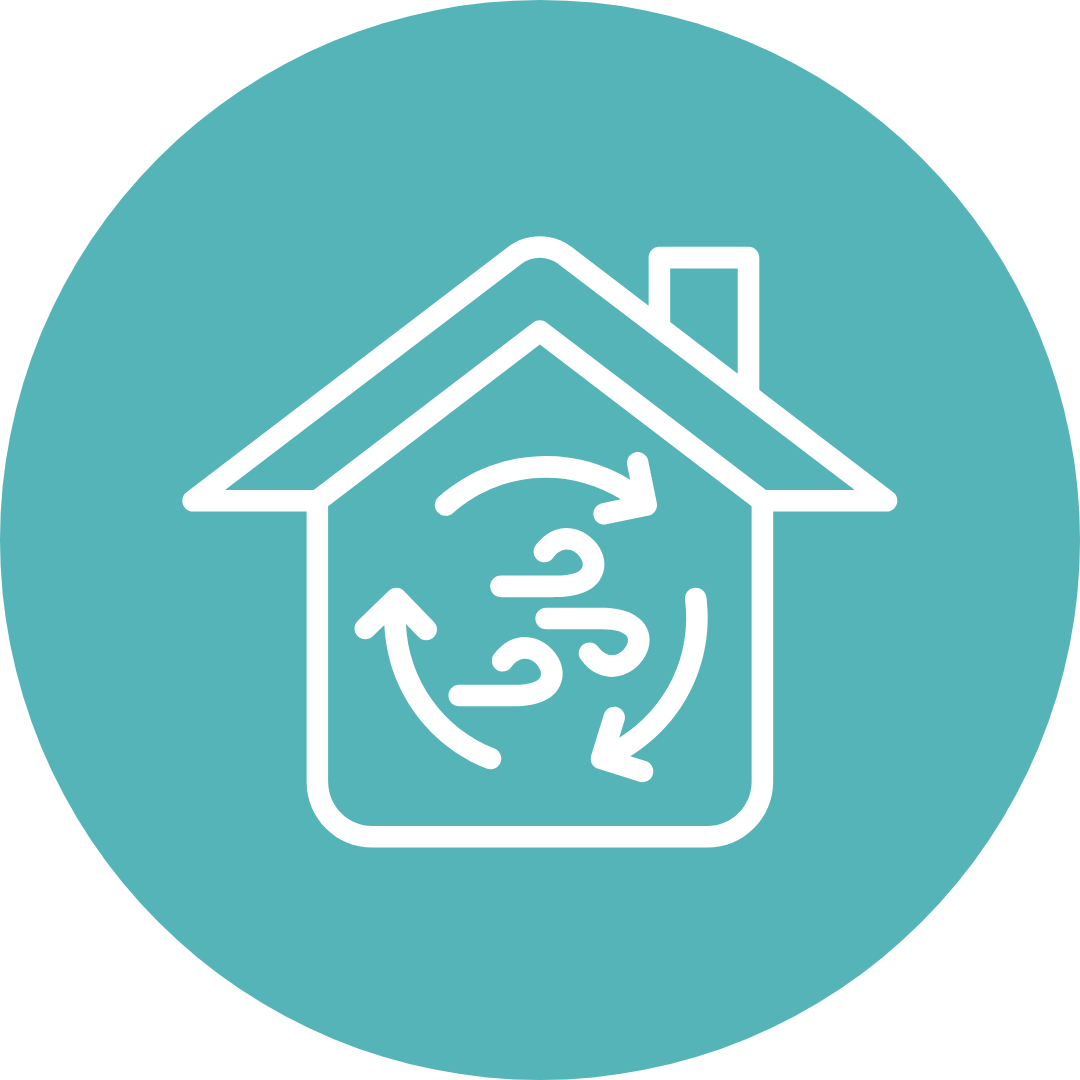
Indoor Air Quality
Health effects: Poor indoor air quality impacts everyone, especially children, older adults, and people with health problems like asthma or heart disease.
Prevention:
-
Improve air circulation by opening windows (when the weather permits) and turning on ceiling fans.
-
Use HEPA filters to filter out bad air quality.
-
Choose gentler, less toxic, and unscented cleaning products.
-
Avoid storing chemicals (paints, fuels, etc.) in your home, or store them in the smallest possible amount and in sealed containers.
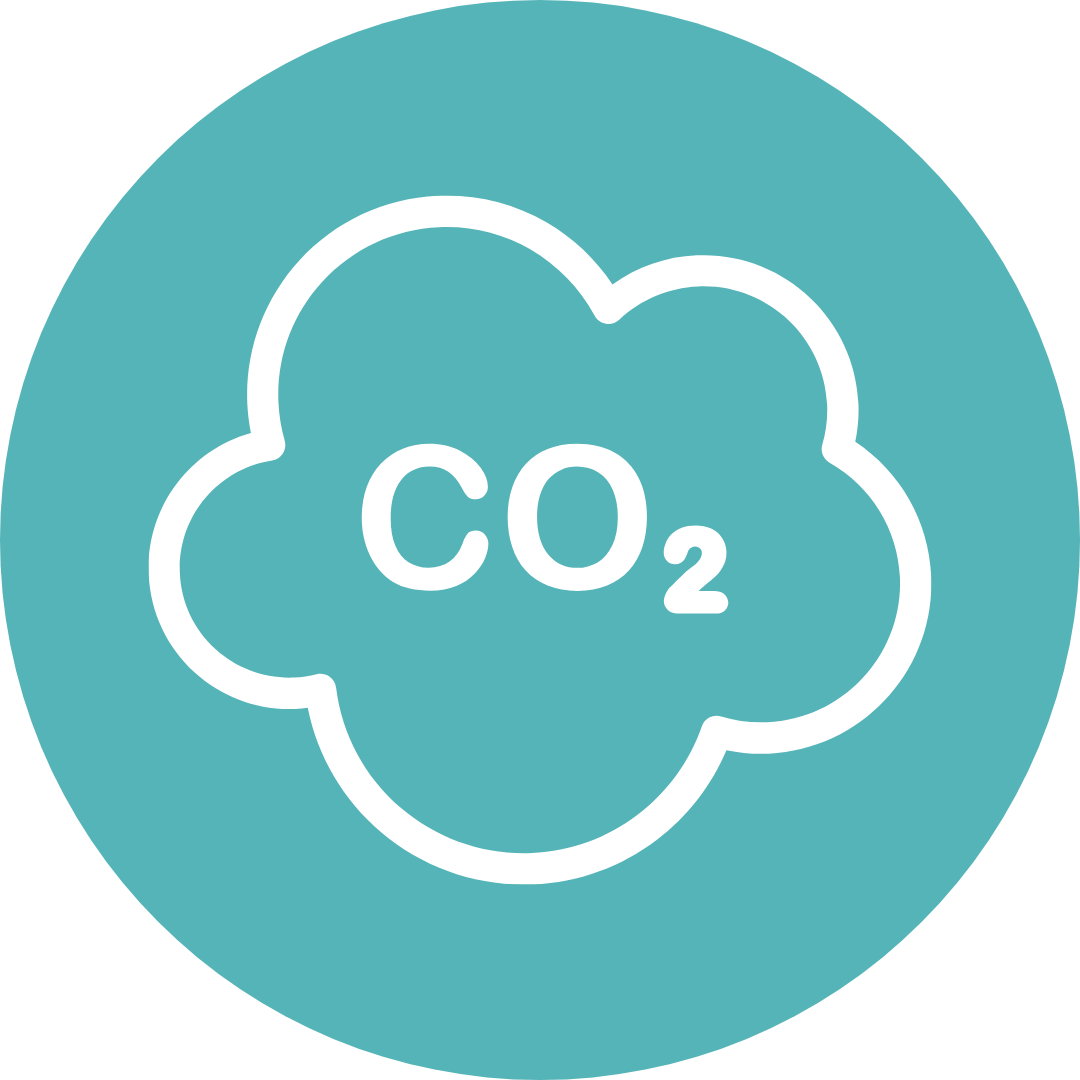
Smoke and Carbon Monoxide
Health effects: Smoke, fire, and carbon monoxide can be deadly household hazards.
Prevention:
-
Install at least one smoke detector on each level of your home, as well as in every bedroom. Install at least one carbon monoxide detector on each level of your home.
-
Regularly test smoke and carbon monoxide detectors to ensure that they are working properly.
-
Have fire extinguishers and know how to use them.
-
Have an escape plan.
-
Regularly clean your chimney/flue to prevent the buildup of flammable residues.
-
Do not use barbeques or gas ovens to heat your home.

Methamphetamine & Fentanyl
The use of methamphetamine (meth) or fentanyl indoors may leave residue behind and expose people to toxins, causing serious health issues. If a property is found to be contaminated with meth above the legal limit, we issue an Unfit for Use Order and oversee cleanup to make sure it meets public health standards.
There is currently no legal standard for fentanyl. If you think a property might be drug contaminated, review best health exposure reduction practices.
How We Can Help
We can help property owners and cleanup contractors with:
Technical assistance
Understanding state and local regulations
Meth lab cleanup oversight to ensure it meets public health standards
Regulations & Resources
WAC 246-205 Decontamination of Illegal Drug Manufacturing or Storage Sites
Ordinance 2005-7 - Decontamination and assessment of illegal drug manufacturing
Voluntary Guidelines for Methamphetamine and Fentanyl Laboratory Cleanup | EPA
Drug contaminated vehicles, boats, and manufactured homes | Washington State DOL

Questions?
Call our office at 360-728-2235 or submit a question online.

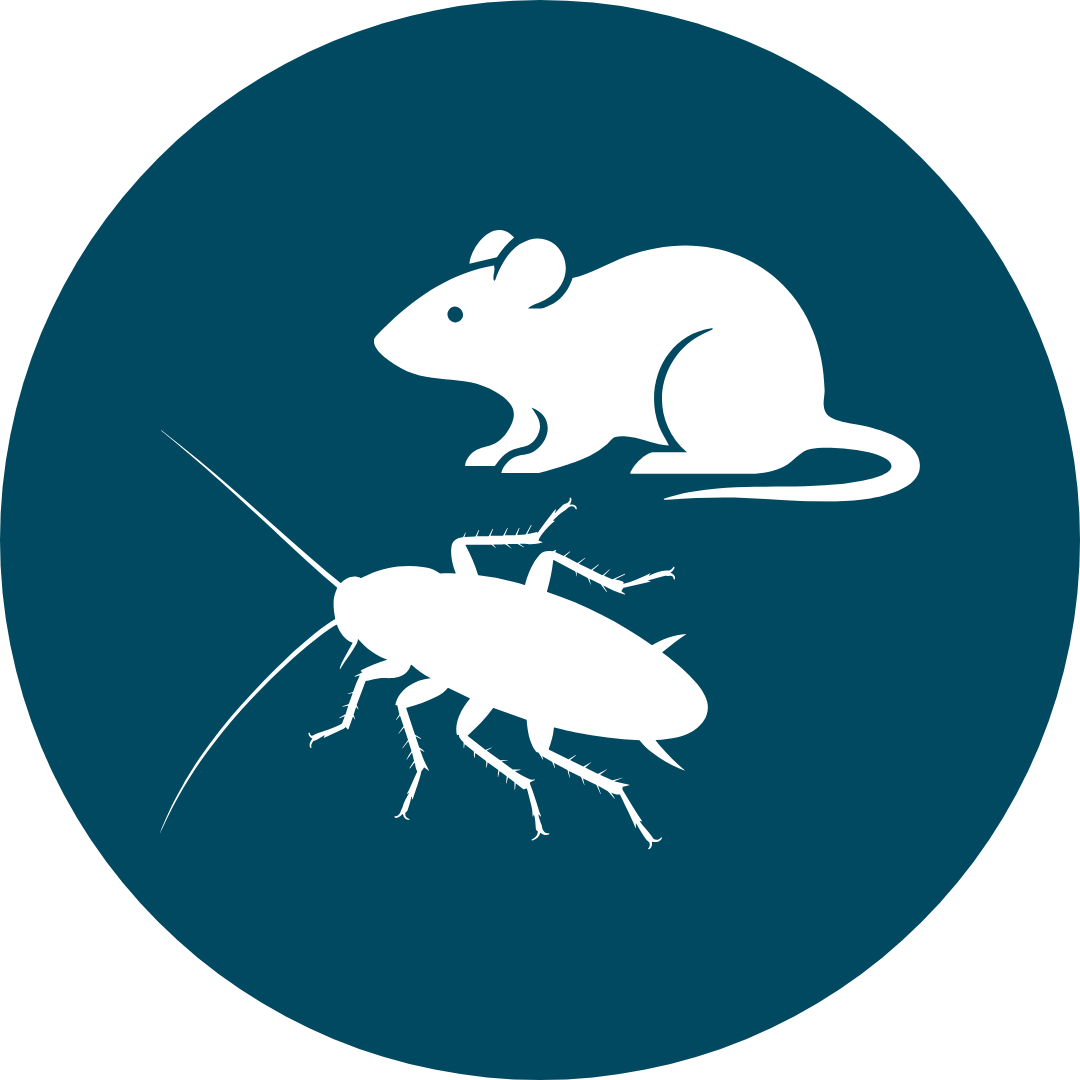
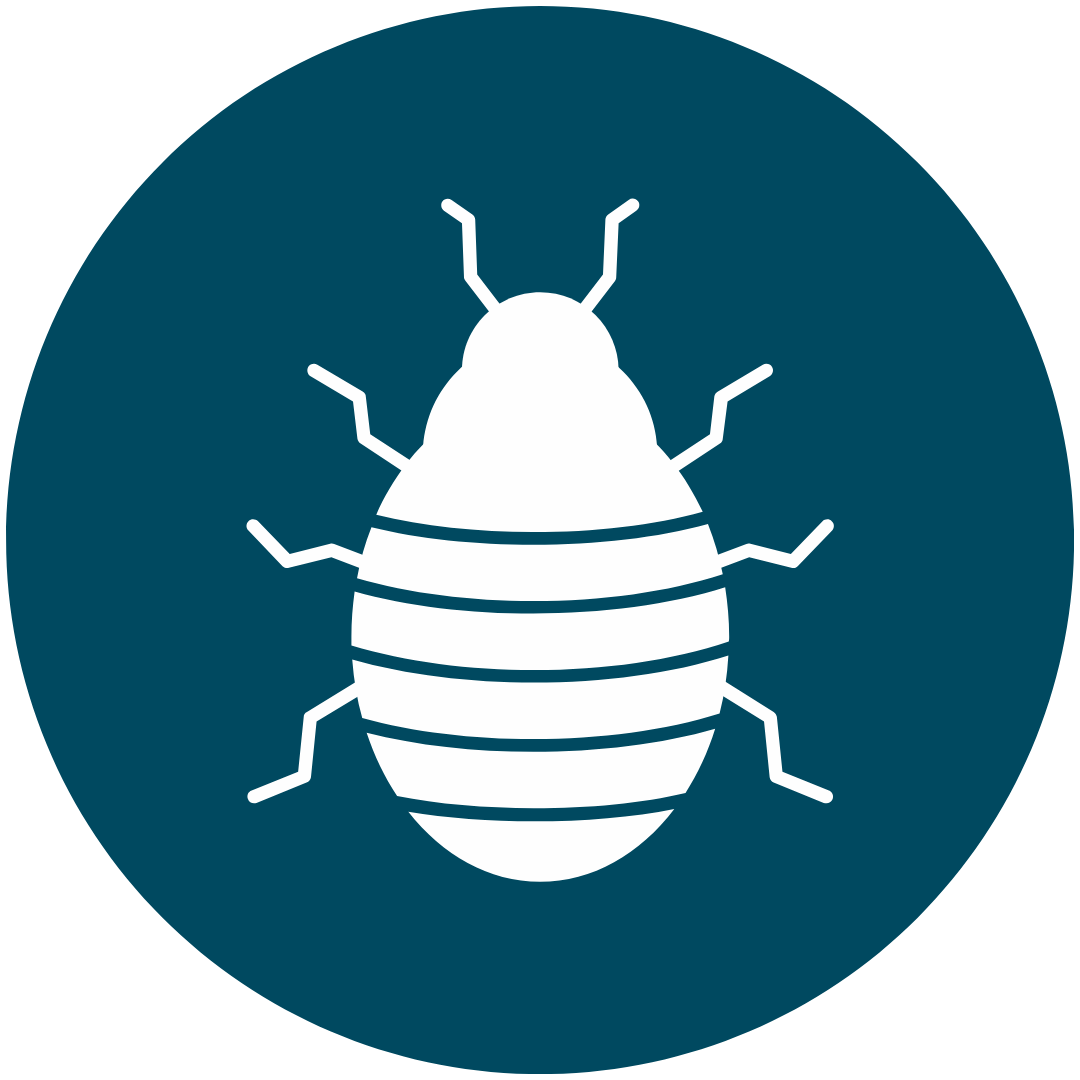

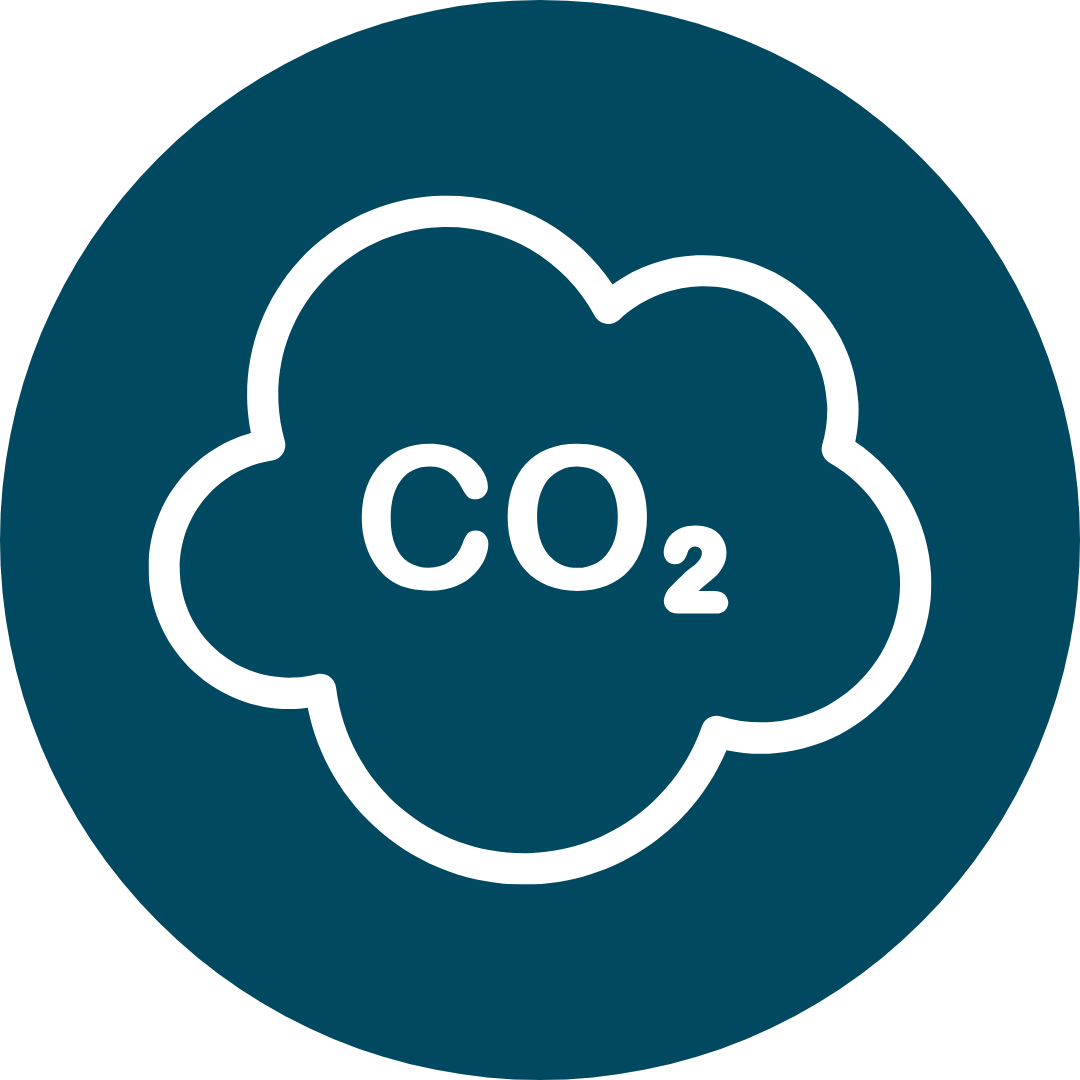
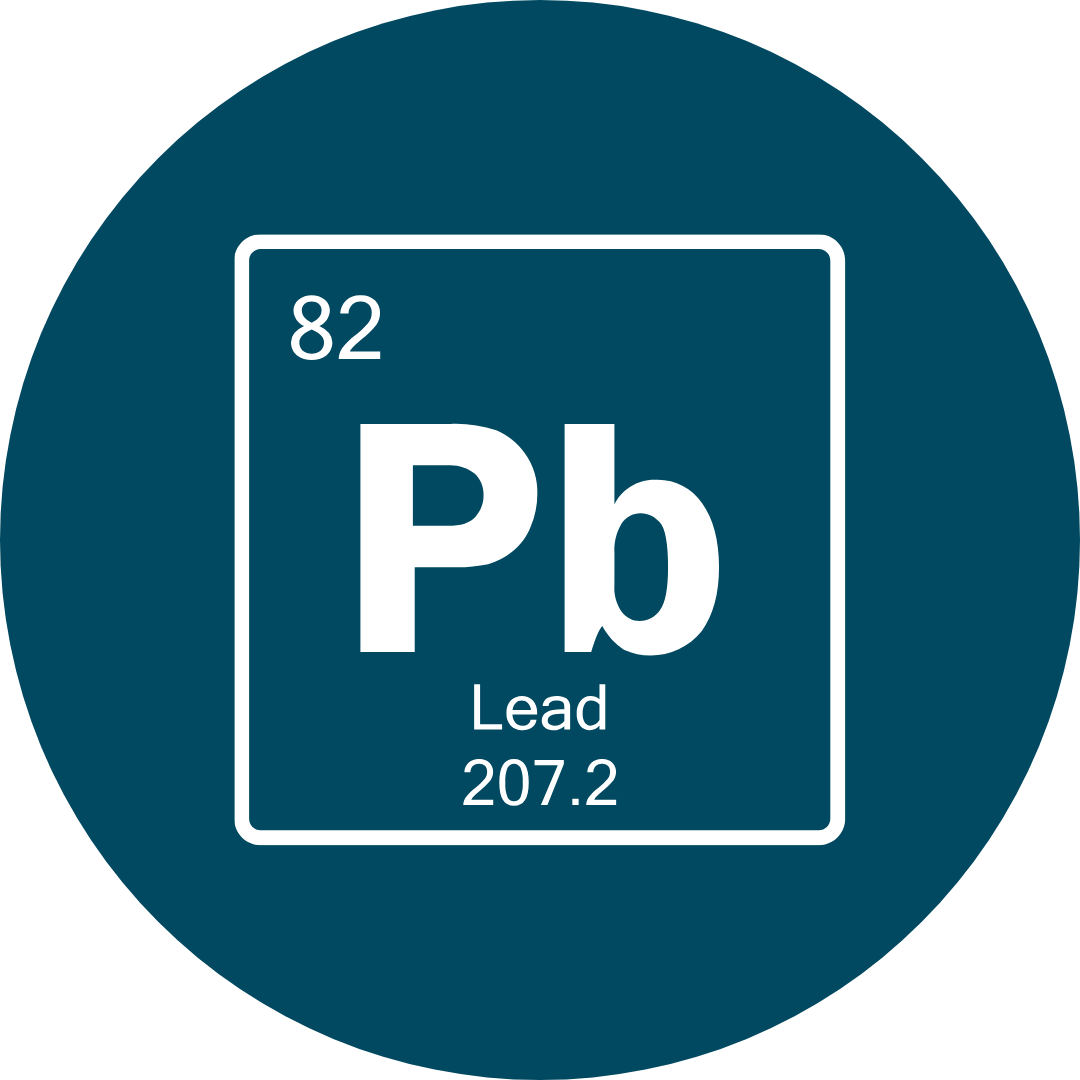

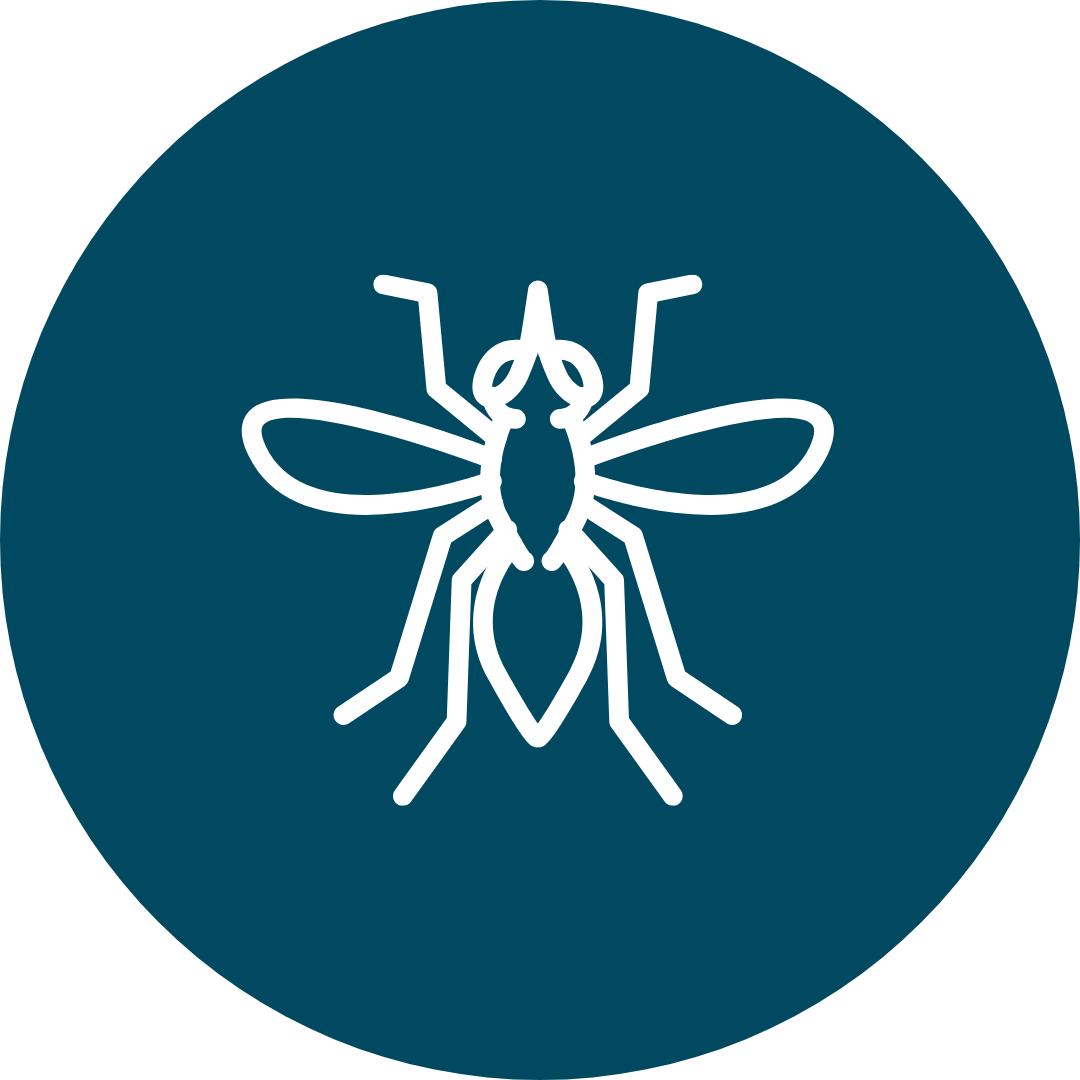
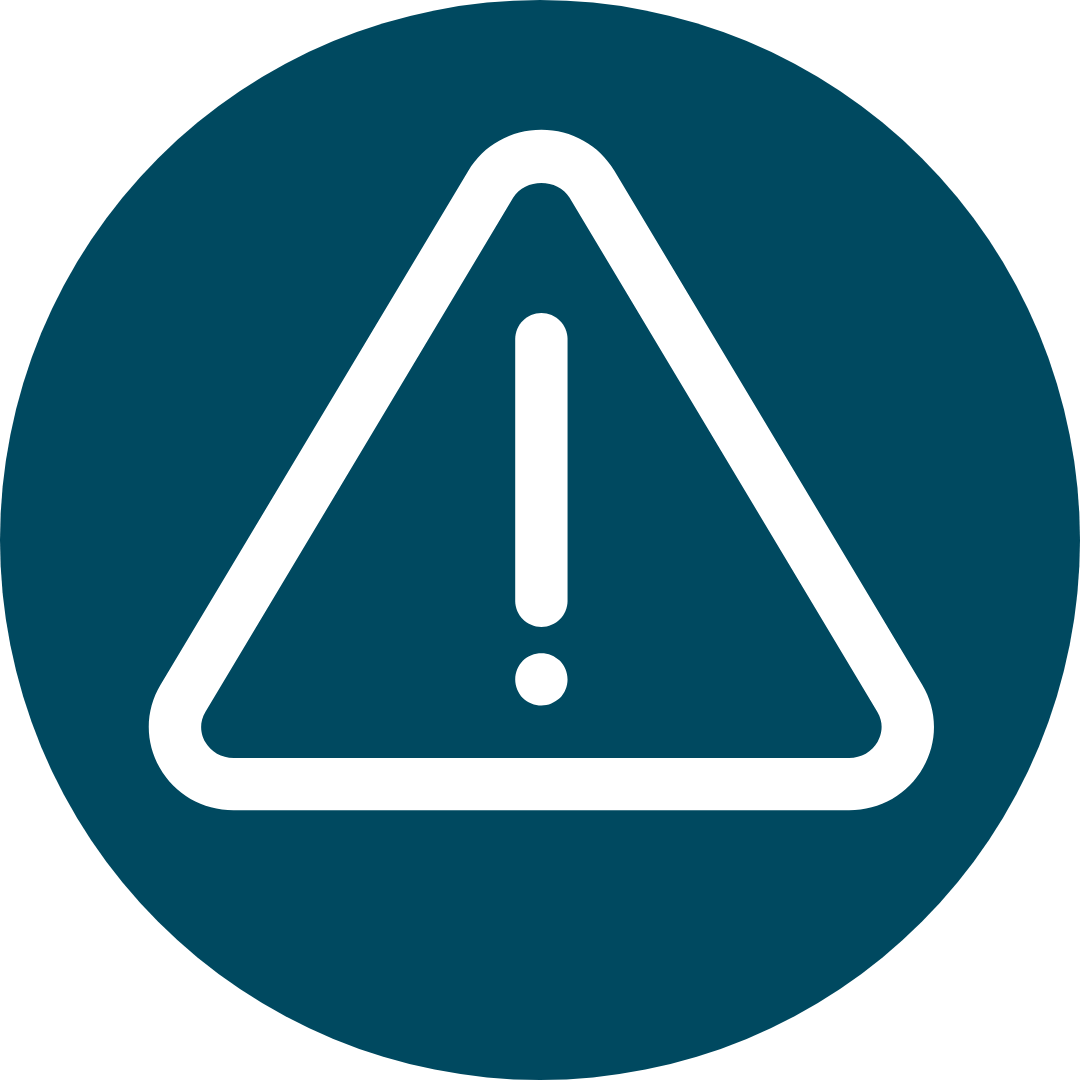

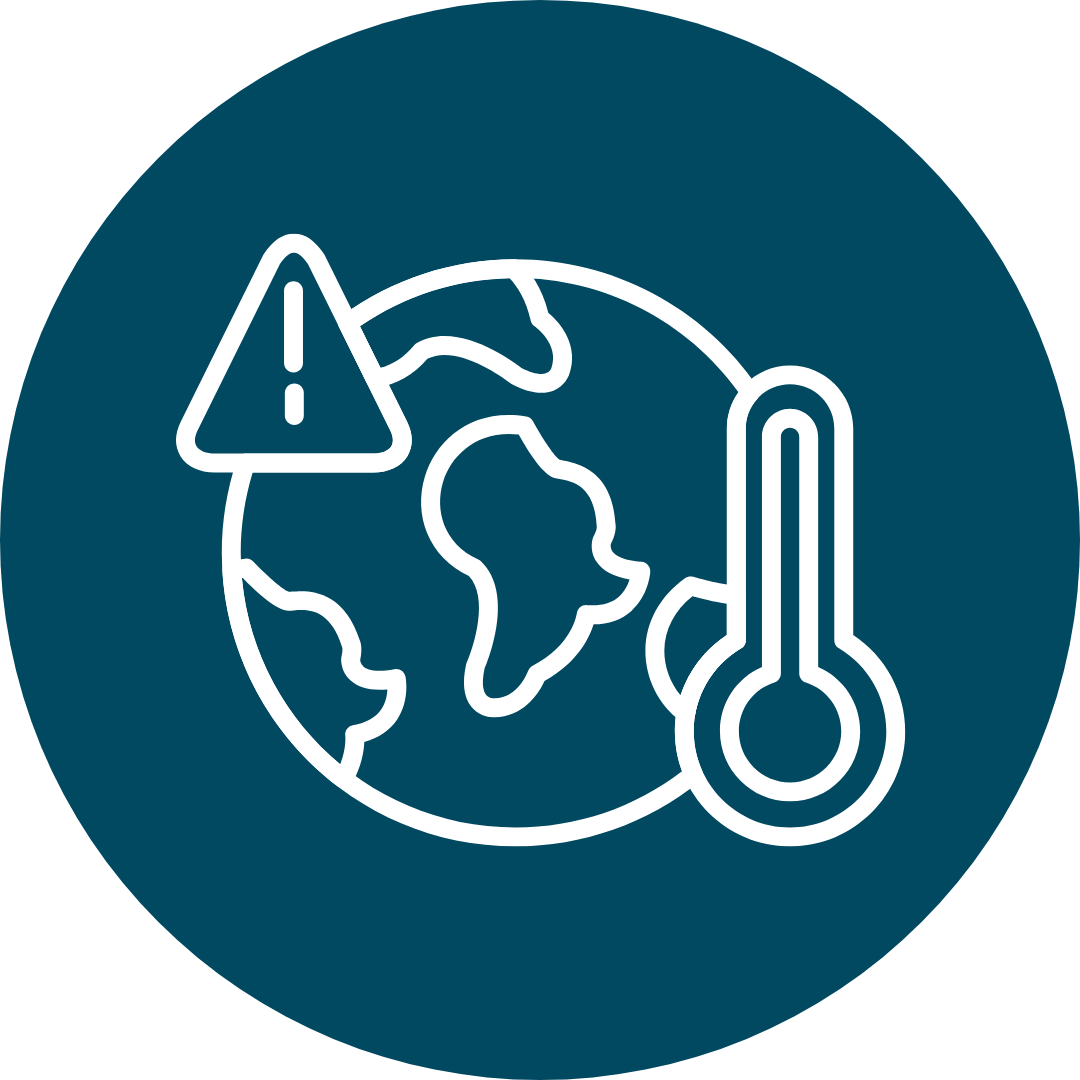
.png)
